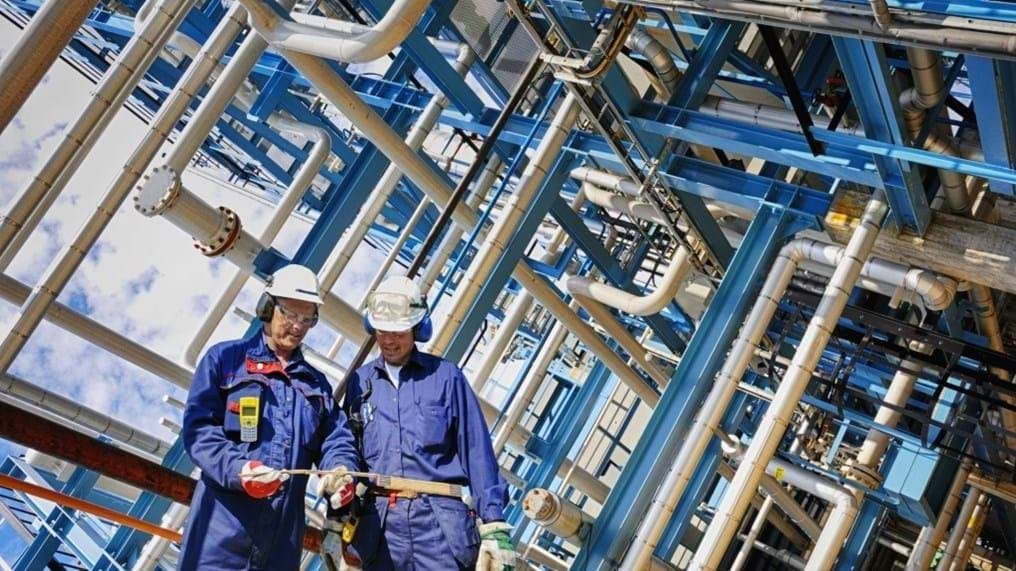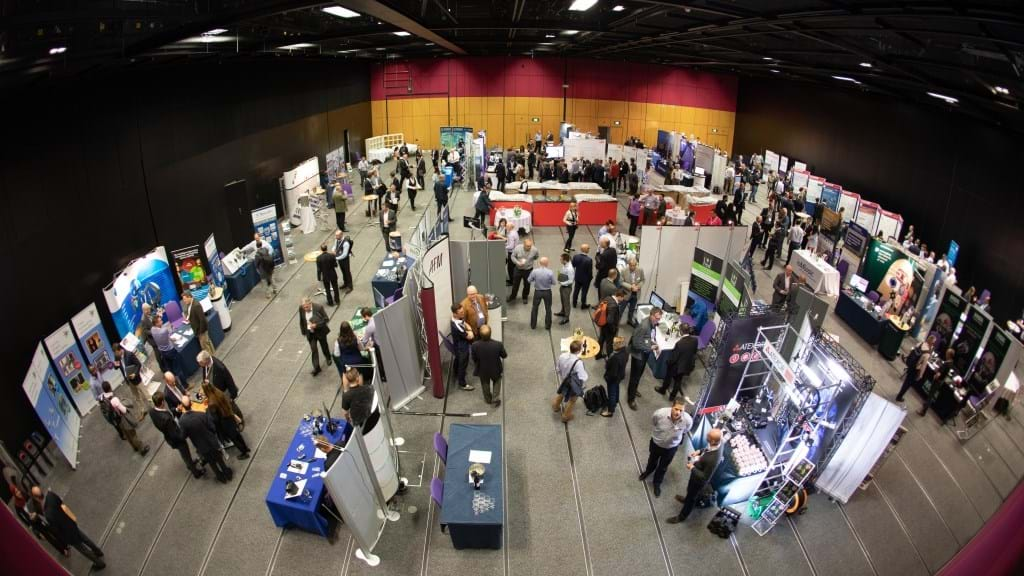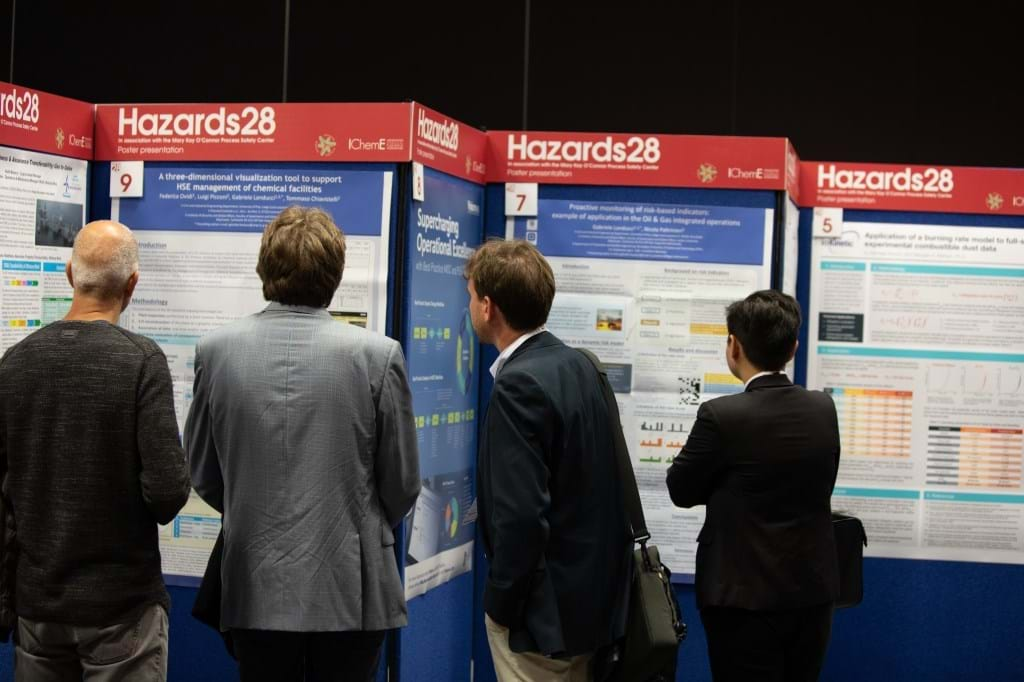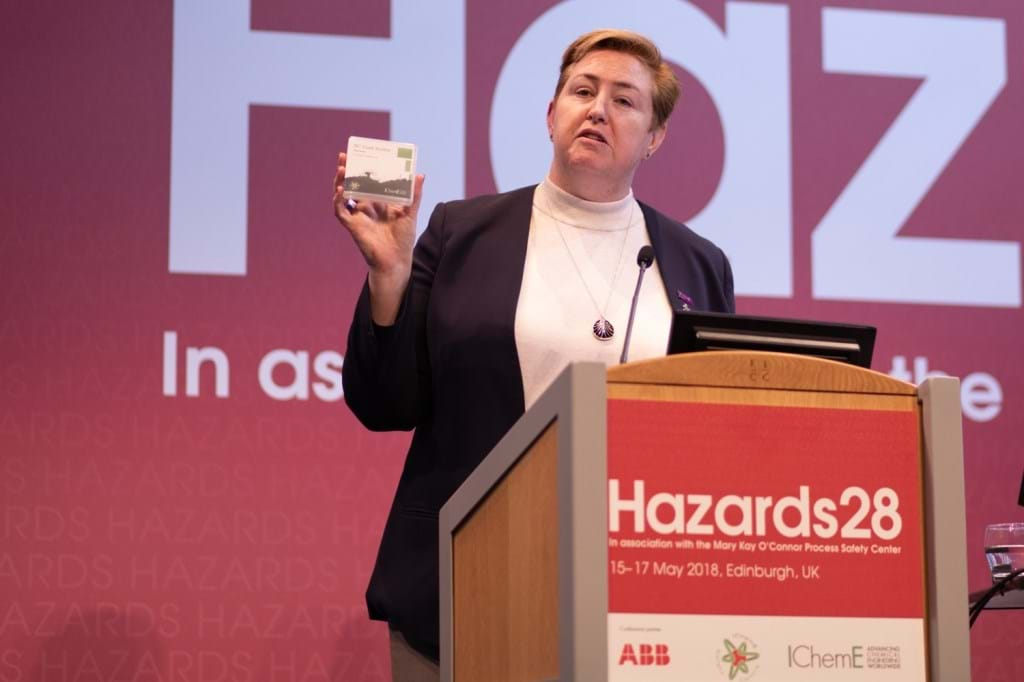How do we achieve, maintain and demonstrate competencies for process safety?

28th April 2019
Every day, chemical and process engineers are working hard to reduce the huge risks that come with working in hazardous environments and share lessons learnt in regard to process safety incidents.
IChemE and its members are intrinsically involved in sharing lessons through various streams of work; the IChemE Safety Centre, the Safety and Loss Prevention Special Interest Group, and producing journals and publications such as the Loss Prevention Bulletin, to name but a few.

The annual Hazards conference is also a key date in the calendar. It brings together hundreds of process safety practitioners from around the world, so that together, they can learn from one another’s experiences to help maintain a clear focus on safer operations and support good practice.
For the first time, at this year’s Hazards 29 conference in May, a new panel discussion has been added to the technical programme to encourage a two-way discussion around some of the challenges facing process safety. The theme of the panel discussion will be: ‘How do we achieve, maintain and demonstrate competencies for process safety?’
To mark World Day for Safety and Health at Work today (28 April), panel members IChemE Safety Centre Director Trish Kerin and Dr Chris Tighe, Chemical Engineering Lecturer at Imperial College London, have shared their insights into how they think we can continue to improve safety processes around the world.

Name: Dr Chris Tighe
Job title: Chemical Engineering Lecturer at Imperial College London
Bio: Chris is a Chartered Chemical Engineer and member of IChemE. He has had a diverse career, spanning 15 years in both academic and contract Research & Development, and the process industries. The theme running through his research is industrial systems at high pressure, which have a significant part to play in the process and power industries, and beyond. Chris teaches Safety and Loss Prevention, an important subject, which also underpins his research.
How do you feel we can achieve, maintain and demonstrate competencies in process safety?
Of course, I would say that achieving competency begins as an undergraduate, but it is cemented in the workplace. We shouldn’t restrict ourselves to thinking about chemical engineers either. The idea of achieving resilience through multiple, independent layers of protection can be pretty much universally applied and taught to students of all professions.
To maintain competency, process safety should not just be the domain of the “process safety engineer”. It must be part of an organisation’s culture, including the engineering disciplines, plant operators, research scientists and management. We universities like to think that competency is demonstrated by getting a good mark in exams and coursework, but I think organisational competency is ultimately demonstrated by the positive outcomes, however they might be measured.
Why do you think it is important that chemical and process engineers continue to have discussions on safety issues?
It’s not only important that chemical and process engineers talk to each other about safety issues, but also other disciplines, operators, management and the public. Achieving safe operations should not be regarded as a competitive advantage - lessons and best practice should be openly shared between different companies, countries and industries.
Process safety lessons need to be learned, shared and remembered for future generations. I would love to be able to talk to my students about more cases when something went right, but we hardly ever get to hear about those!


Name: Trish Kerin
Job title: IChemE Safety Centre Director
Bio: After graduating from RMIT University in Melbourne, Australia with honours in mechanical engineering, Trish spent several years working in design, project management, operational, safety and executive roles for the oil, gas and chemical industries.
Over the years, she has taken on several advisory committee roles, including for the Plastics and Chemical Industries Association (PACIA) drafting the 2007 OHS regulations for major hazards in Victoria.
She currently sits on the board of the Australian National Offshore Petroleum Safety and Environmental Management Authority (NOPSEMA). Trish is a Chartered Engineer, a registered Professional Process Safety Engineer and Fellow of IChemE.
What do you feel is the single biggest issue in process safety and why?
Being doomed to repeat history is our biggest issue.
We still have trouble learning the lessons of the past. This means we continue to see the same root causes again and again. We need to challenge conventional thinking on lessons learned. The ISC case studies are one part of this solution by creating the experience of an incident without the actual consequences.

How do you feel we can achieve, maintain and demonstrate competencies in process safety?
Firstly, we need to understand what competency is required. The ISC has published guidance on this for all different roles in an organisation. We have also now moved on to guidance on how to achieve the competencies defined. Once you know what the objective is you can develop plans to meet them and measure performance against it.
Why do you think it is important that chemical and process engineers continue to have discussions on safety issues?
Engineers are best placed to drive and implement improvements. Both at the operational level and when they progress into more senior leadership. We all need to support each other and also hold each other to account; what we do impacts people’s safety at work. This is a noble cause.

Hazards 29 will be held at the International Convention Centre (ICC) in Birmingham UK from 22-24 May 2019. The panel discussion will take place on Friday 24 May from 09:40–10:20, and the other panel members are:
- Dame Judith Hackitt, Chair of EEF
- Ken Rivers, IChemE President and Chair of the COMAH Strategic Forum
- Dr Laurence Cusco, Head of Major Hazards Group, HSE, & Chair of the Hazards Technical Committee
- Dr Ken Patterson, Consultant and IChemE Trainer on various process safety courses, including the Fundamentals of Process Safety
Join these panel members at Hazards 29, and enjoy plenty of opportunities to network with other process safety professionals and exhibitors. There is an exciting line up of presentations and workshops outlined the full programme; this includes Walt Disney’s world safety manager, Mike Bell, who will deliver the Trevor Kletz Memorial Lecture on the theme of applying safety to unconventional risks.
For details on how to register for Hazards visit www.icheme.org/hazards.